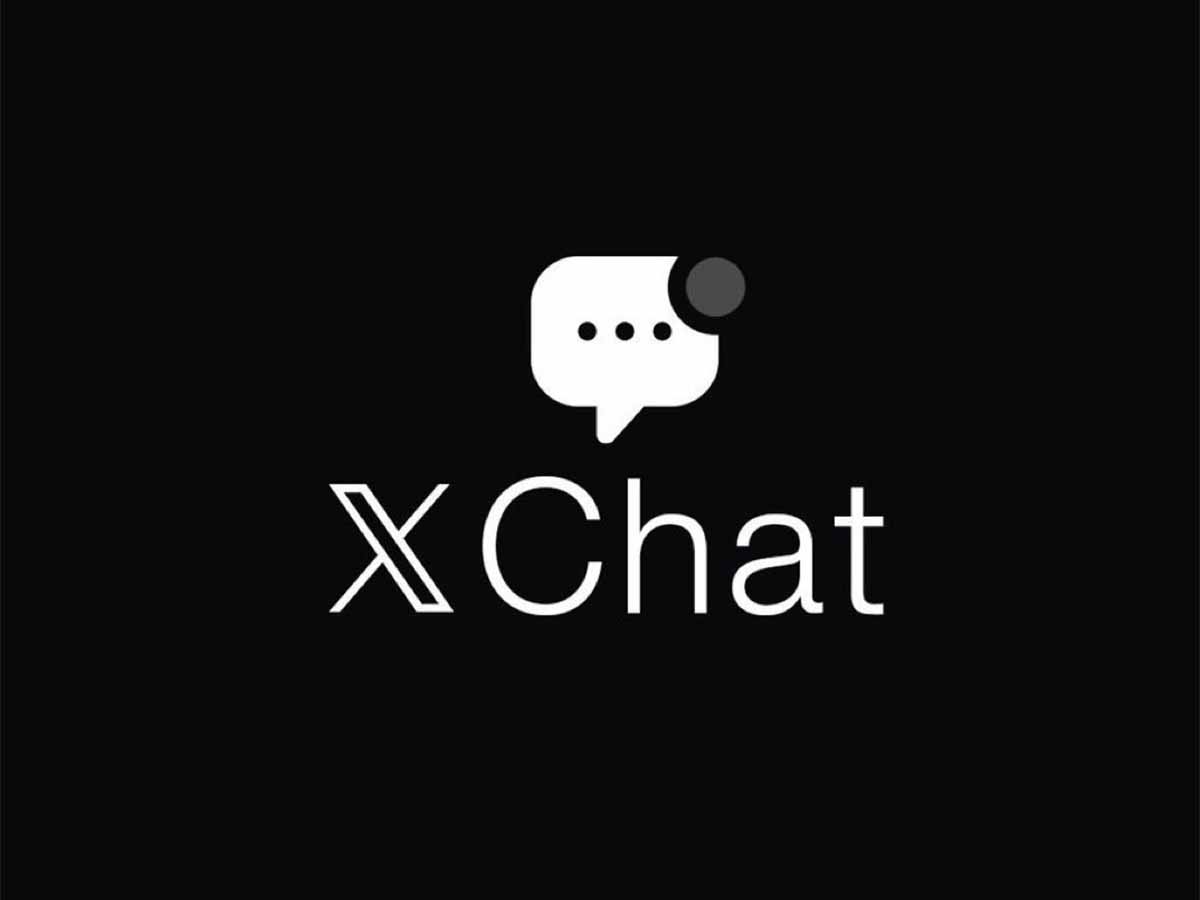X is expanding its messaging ambitions with the rollout of a new encrypted chat system that significantly broadens what users can do inside the platform’s direct messages. The update, simply called Chat, marks one of the more substantial changes to X’s communication tools since the company shifted focus toward becoming an all-purpose app. The move puts its messaging offering closer to what users already expect from established platforms such as WhatsApp, Signal, and Telegram, though it remains early in its development.
The new Chat features include file sharing, message editing, and deletion, as well as an option to set messages to disappear after a chosen period. X also says users can block screenshots within Chat and opt to receive alerts when someone attempts to capture part of a conversation. Voice notes—now standard across most major messaging platforms—are reportedly in the works but have not yet been released. For those worried about losing their original inbox, legacy DMs remain accessible within a single combined feed.
The update was first teased earlier this year under the working name XChat, part of a broader push to modernize the platform’s communication tools. Rollout has already begun on iOS and the web, with Android support expected soon. The incremental release strategy mirrors X’s recent approach to product updates: shipping early, refining gradually, and positioning new features as steps toward a more ambitious ecosystem.
Inside the company, discussion has grown around the development of a separate standalone messaging app. While X has not formally announced such a product, employees have referenced it publicly, and Elon Musk has promoted the concept on external platforms. In a recent interview, Musk described the upcoming standalone app—also called XChat—as using peer-to-peer decryption approaches inspired by cryptocurrency protocols. He framed it as a complement to the main X app rather than a replacement, suggesting users would install both.
Much of this fits into Musk’s long-running goal of transforming X into a broad digital utility. His comparisons to China’s WeChat aren’t new, but the addition of encrypted messaging, cross-device access, and a potential standalone app shows an attempt to fill functional gaps rather than rely solely on the platform’s social feed. How widely the new tools are adopted may depend on whether users already locked into other messaging ecosystems find X’s offering compelling enough to switch—or even to add yet another app to their rotation.
For now, the encrypted Chat rollout positions X more firmly in the messaging space, but the company still needs to demonstrate stability, privacy credibility, and long-term support if it wants to compete with platforms that have spent years building trust through transparent security practices. As with many X initiatives under Musk, the ideas are ambitious; turning them into reliable everyday tools will be the real test.







